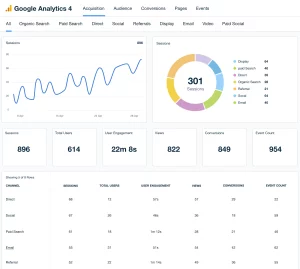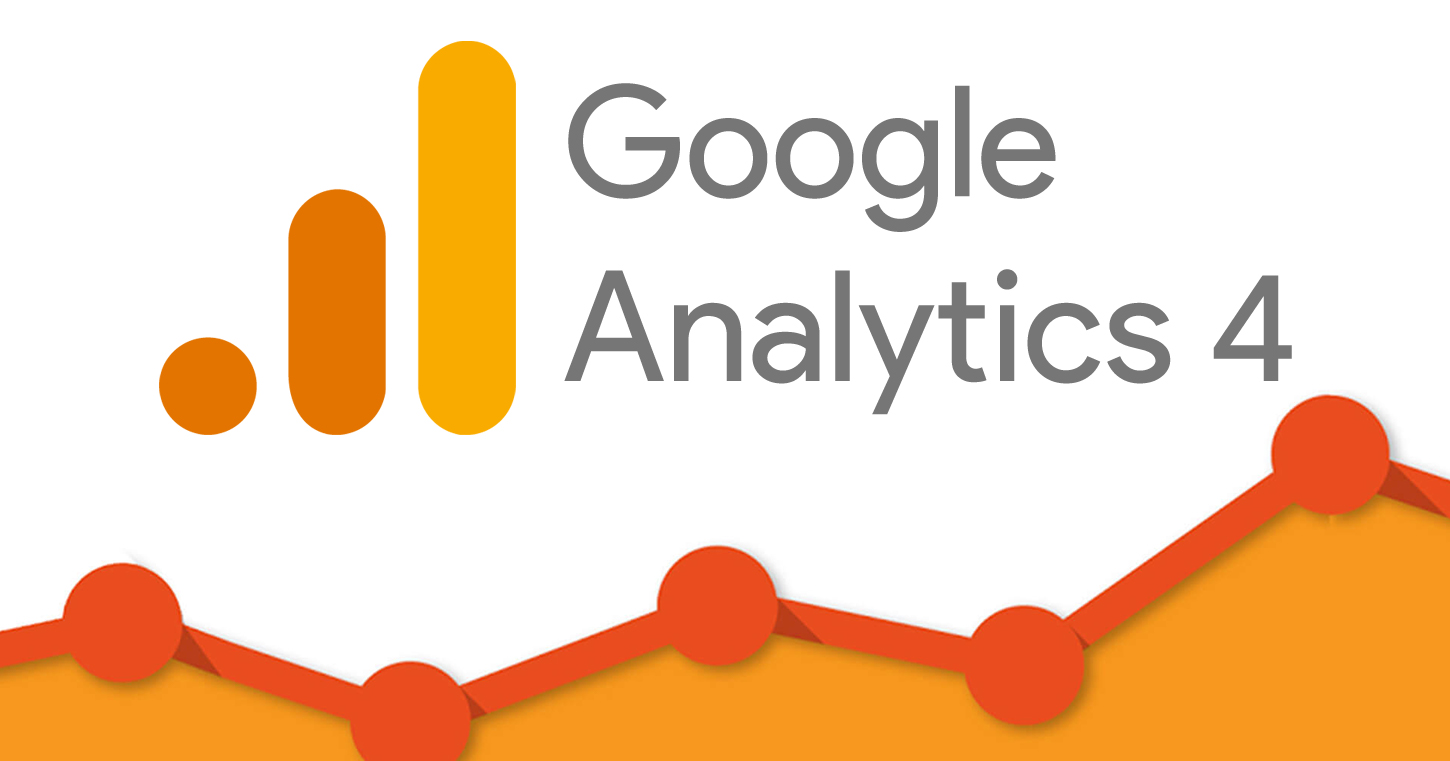Google Analytics: A Key Element for Project Growth in SEO
Hello, I’m Andrey Shepel, an SEO freelance and the face behind Serp-Dominator. If you’re aiming to take your website to the top of Google, you’re in the right place. One of the most essential tools in my SEO toolkit is Google Analytics. Whether you’re just starting your website or working on optimizing an existing one, Google Analytics plays a pivotal role in helping you measure success, understand your audience, and fine-tune your strategy.
Let’s take a closer look at Google Analytics, how it works, and why it’s so important for any SEO project.
What is Google Analytics and How Does It Work?
Google Analytics is a free web analytics service that tracks and reports website traffic. Once set up, it collects data from your website,  providing detailed insights into your users’ behavior, the performance of your pages, and how visitors are interacting with your site. From traffic sources to page performance to user demographics, Google Analytics offers a comprehensive overview of your website’s performance.
providing detailed insights into your users’ behavior, the performance of your pages, and how visitors are interacting with your site. From traffic sources to page performance to user demographics, Google Analytics offers a comprehensive overview of your website’s performance.
Here’s how it works: Google Analytics uses a small tracking code embedded in your website’s pages. This code collects data about your site’s visitors, including their location, the devices they use, how they found your website, and how they navigate through it. It then sends this information to the Google Analytics dashboard, where you can analyze and act on the data.
Why Does an SEO Specialist Need Google Analytics?
For an SEO professional like myself, Google Analytics is an essential tool for several reasons:
- Tracking SEO Performance: Google Analytics helps me track the success of SEO efforts. By monitoring key metrics like organic traffic, bounce rates, and user engagement, I can measure how well the SEO strategies are working and identify areas that need improvement.
- Keyword Insights: While Google Analytics doesn’t directly show the keywords people use to find your website (this data is now hidden under “not provided”), it still gives valuable information about which pages are performing well in terms of organic traffic, which can indirectly point to the most effective keywords.
- User Behavior: Understanding how visitors behave on your site is critical for SEO. Analytics provides data about which pages keep visitors engaged, which ones have a high exit rate, and where people spend most of their time. This helps refine your content strategy and optimize user experience (UX), both of which are crucial for SEO.
- Conversion Tracking: Google Analytics allows you to set up and track goals, such as newsletter sign-ups, contact form submissions, or product purchases. This gives insight into how well your site is converting visitors into leads or customers and helps guide the optimization of conversion paths.
The Pros and Cons of Using Google Analytics
Like any tool, Google Analytics has its advantages and limitations. Here’s a breakdown:
Pros:
- Free and Comprehensive: Google Analytics is completely free and offers a wide range of features, making it accessible for businesses of all sizes.
- In-depth Insights: The tool provides detailed data on user demographics, behavior, traffic sources, and conversions, allowing me to make informed decisions based on real data.
- Customizable Reports: You can set up custom reports that focus on the metrics that matter most to your business, giving you the flexibility to track progress and optimize efforts.
- Integration with Other Google Tools: Google Analytics integrates seamlessly with other tools like Google Search Console and Google Ads, providing a full view of your site’s performance.
Cons:
- Learning Curve: Google Analytics can be overwhelming for beginners. With so many features and reports, it can be hard to know where to start or what data to focus on.
- Data Sampling: For very large websites or high traffic volumes, Google Analytics may sample your data, leading to slightly less accurate reports.
- Limited Keyword Data: As mentioned earlier, the majority of keyword data is now hidden under the “not provided” category, which can make keyword tracking a bit challenging.
Can You Do SEO Without Google Analytics?
While it’s technically possible to do SEO without Google Analytics, I wouldn’t recommend it. Without the insights provided by Google Analytics, you’re essentially flying blind. You won’t have access to critical data about your visitors, what’s working on your site, or how your SEO efforts are impacting traffic.
Using Google Analytics, on the other hand, allows me to continuously track, analyze, and optimize every aspect of your SEO strategy. It helps ensure that all efforts are aligned with your goals and that your website continues to grow and succeed.
Why Work With Me?
In my SEO practice, Google Analytics is an integral part of every project I handle. Whether you’re looking to increase traffic, optimize conversions, or improve your website’s user experience, Google Analytics provides the insights needed to achieve those goals.
If you want to see your website’s growth and make data-driven decisions that will skyrocket your rankings, get in touch. Let’s harness the power of Google Analytics (and other top-tier SEO tools) to take your website to the next level. Contact me today at Serp-Dominator, and together we’ll build a strategy that delivers results!
